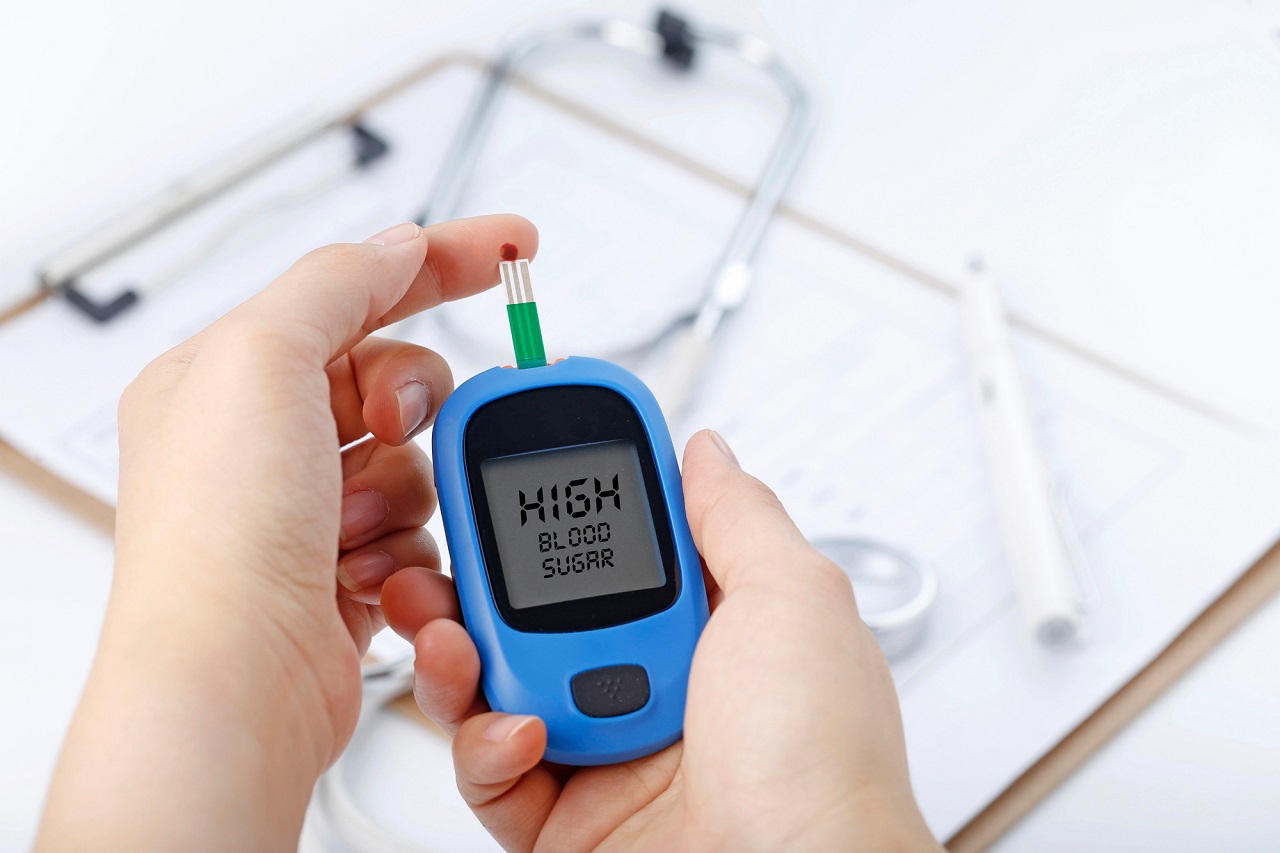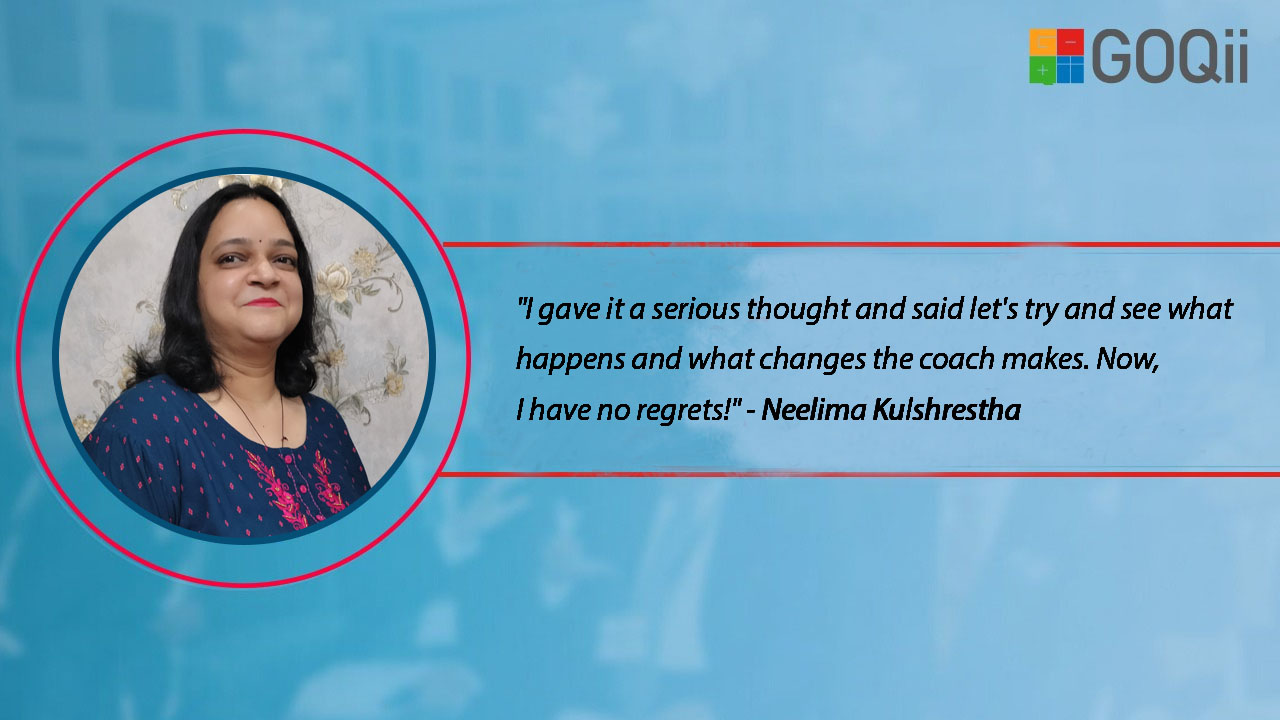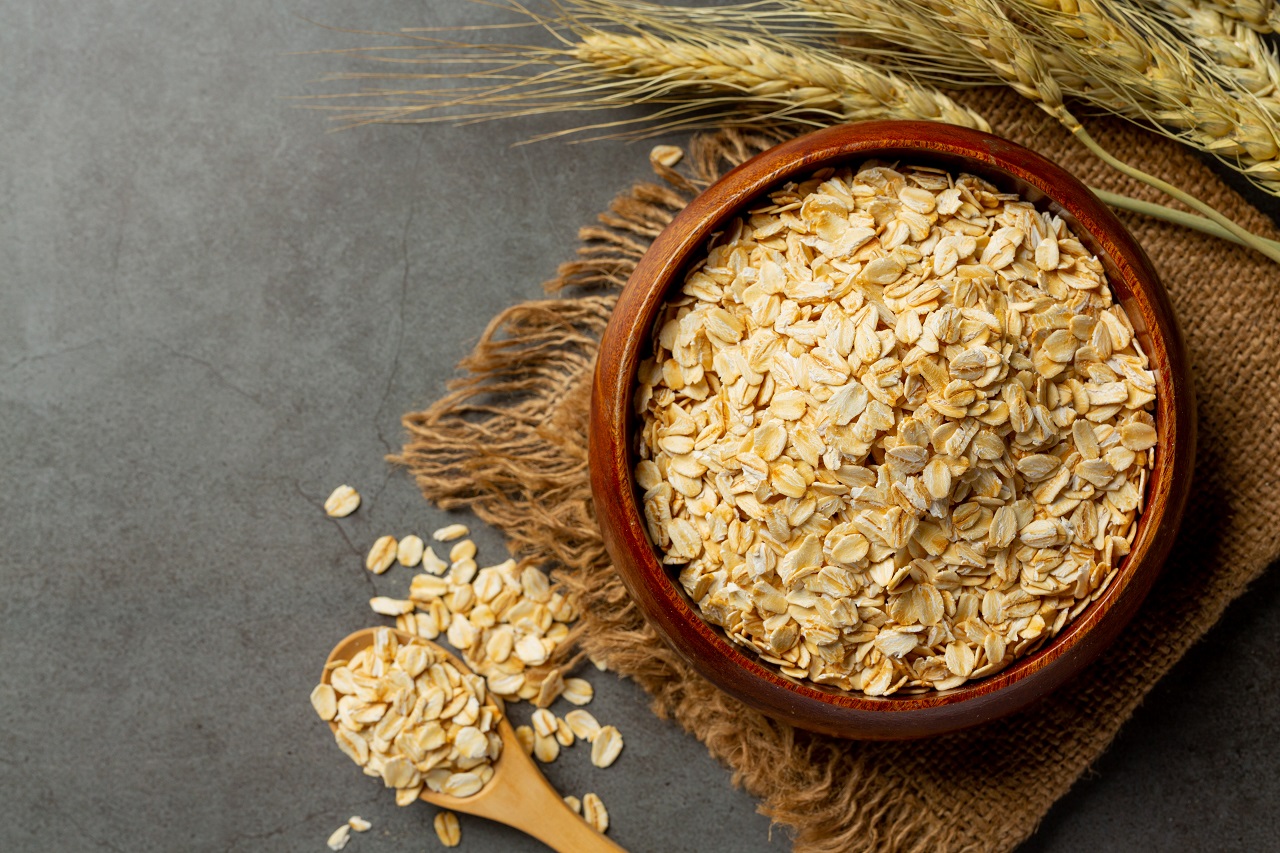 Diya was a young girl who seemed as active as can be. She trekked, hit the gym, albeit sporadically, had a healthy appetite and as she called it, ‘lived to eat’. At 30, there was a blood donation drive and check-up in the organisation she worked at and here, she was diagnosed with diabetes. There were no other alarm bells ringing; she thought she was healthy! The doctor prescribed medications. She carried on with her life till a shooting pain in the chest made her rethink her lifestyle.
Diya was a young girl who seemed as active as can be. She trekked, hit the gym, albeit sporadically, had a healthy appetite and as she called it, ‘lived to eat’. At 30, there was a blood donation drive and check-up in the organisation she worked at and here, she was diagnosed with diabetes. There were no other alarm bells ringing; she thought she was healthy! The doctor prescribed medications. She carried on with her life till a shooting pain in the chest made her rethink her lifestyle.
Prakash was detected with Diabetes in his late 30’s. A history of smoking, stress infused work situation, being overweight and a family history of Diabetes made a potent combination which led him to the road to Diabetes. He continued his unchecked lifestyle along with sporadic visits to the general practitioner till he found his vision blurring and a burning pain in his limbs, which made it difficult for him to sleep. Faced with diabetes complications, he knew he had to seek help from the right doctors, eat the right diet and correct his lifestyle before it was too late.
That is the scenario for most people and that is the stealthy attitude of diabetes; it creeps in and hits you. Once diagnosed, either medication is taken or not. Rarely is there a consistent follow-up. Medications tend to plateau after a while and if there is no consultation with doctors regularly, no scheduled blood tests, no nutrition assessments, no exercise patterns, it augurs for something deep and dark. This is seen as the initial concerns with diabetes control. Not everyone takes it critically. But not everyone has access to proper doctors and nutritionists.
Diabetes Is Not Taken As A Serious Disease
Consistency is key for maintaining and even reversal. Yes, in the early stages, a reversal is possible. A diabetes patient needs support, needs family and friends to assist in their journey, as it is a challenge. More than mere support, it is about adherence.
It is about breaking the habit. It is about changing habits. The first feeling when one is diagnosed is shock, helplessness, feeling of depression. As an illness, diabetes is debilitating in the long run as it has an overall effect on almost every part of the body, externally and internally. And yet, it can be controlled, and in some cases, reversed.
But now comes the challenging phase of education i.e. control and solution, and it is not easy. Besides medical advice, traditional indigenous methods are offered, and they have been helpful. Hence, understanding what goes into the treatment of diabetes is crucial.
So let’s look at the aspects of diabetes management.
1. Education
At first, you’ve got to understand the diagnosis – is it Type 1 or Type 2. Understand the various repercussions of the type of diabetes you have. Consult your doctor, read reputed websites for knowledge of diabetes and diabetes management. Listen to conventional wisdom and follow the advice of the doctors. Get on a plan.
2. Nutrition
Nutrition involves two aspects – Medication – those suggested by the doctors and home grown indigenous supplementary methods have also been beneficial. The other aspect is Food – what can be eaten, what can be paired together, and what must be avoided.
Meal composition – high protein, low carbs. Understanding foods with a high glycaemic index (foods that spike up sugar levels in the blood are to be avoided). Another important aspect is the timing of when you eat. Fad diets are not helpful and can be harmful. Sustainable, sensible eating and not temporary ‘diet eating’, one in which you can measure what you eat for a long period of time, is important.
Hydration – drinking water is extremely essential. Essentially, what you ingest can help in lowering possible future microvascular damage and other complications.
3. Control
Diabetes care needs discipline. Controlling diabetes involves complying with a proper course of medication and a healthy living construct. It is imperative that you maintain regular follow-ups with the doctor. Blood work, especially HbA1C levels must be checked every quarter to enable proper diabetes care.
Most doctors complain that follow-ups are low, if any. What has shown progress is that along with medications, the main aspect is weaving exercise into your lifestyle. Walking and light exercise has shown to have tremendous benefits in controlling and lowering HbA1C levels. Recent studies have shown that a 10-minute walk after every meal has proved as beneficial as a 30-minute walk every day.
4. Solution
So how do we control and/or reverse diabetes? Diabetes may be a global pandemic and India has the second highest number of cases, but the solution is simple! It is proper management through medication adherence, education, lifestyle changes, self-monitoring, keeping up with doctor appointments and awareness of the issues that could be faced in the future.
The first step is to take ownership of the disease. This can be achieved through awareness, which happens through education. The medical community and the Diabetes Patient Community on Social Media and other close knit communities or groups ensure that you understand what people are going through, and the solutions that are available. Holistic management of diabetes ensures that the patient with diabetes wins in the game of life. Do not panic. It is easy and definitely do-able. It is not rocket science!
If you need help or support managing Diabetes, join GOQii’s Diabetes Care Program. It’s India’s only diabetes program that is driven by Smart Science and Personal Coaching to improve Fasting Blood Sugar (FBS), Postprandial Blood Sugar (PP), and reduce HbA1c levels. You can subscribe here: https://store.goqii.com/diabetescare
For more tips on how to manage diabetes, check out Healthy Reads.
#BeTheForce
 The decisions we make, no matter how small, sometimes have a big impact on our life. Have you ever been at a crossroad where you were unsure of a certain decision, but once you took it, it changed your life for the better? Our Player Neelima Kulshrestha was faced with such a decision and as she took it, her life changed for the better. Here’s how her health story unfolded with GOQii.
The decisions we make, no matter how small, sometimes have a big impact on our life. Have you ever been at a crossroad where you were unsure of a certain decision, but once you took it, it changed your life for the better? Our Player Neelima Kulshrestha was faced with such a decision and as she took it, her life changed for the better. Here’s how her health story unfolded with GOQii.  If you’re diagnosed with Diabetes, white rice and anything made with white flour such as bread or pasta and other refined grains are off the table. This leaves us with little options. Out of these limited options, Barley and Ragi can work wonders if you want to stop those surges in blood sugar. Here’s why we think Barley and Ragi are the best grains for diabetes.
If you’re diagnosed with Diabetes, white rice and anything made with white flour such as bread or pasta and other refined grains are off the table. This leaves us with little options. Out of these limited options, Barley and Ragi can work wonders if you want to stop those surges in blood sugar. Here’s why we think Barley and Ragi are the best grains for diabetes.



